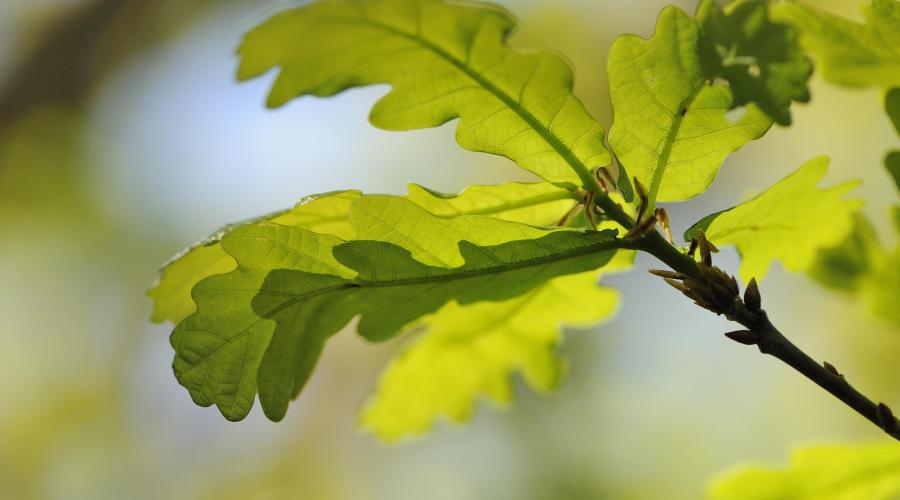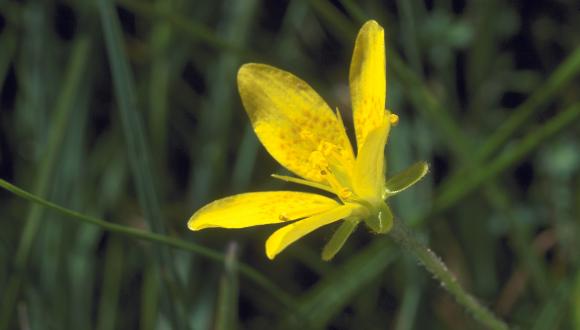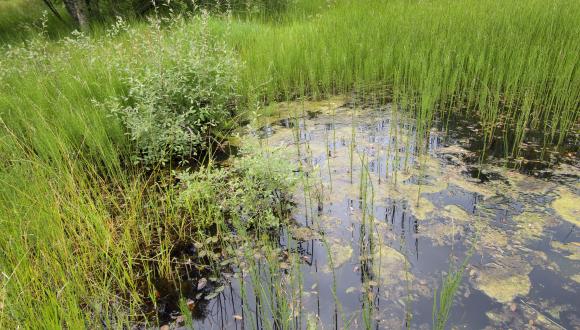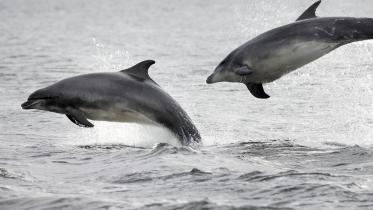
Licensing
NatureScot deals with almost all species licensing in Scotland, including non-native species licensing, plus muirburn licensing.
The five main pieces of legislation to protect Scotland’s wildlife set out when licences may be granted to permit otherwise illegal activities.
NatureScot can licence, for certain specific purposes, actions that would otherwise constitute an offence against a protected species.
Three strict tests must be met before a licence can be granted for any of Scotland’s European protected species.
A species protection plan helps to ensure that works related to a proposal take into account any protected species present on site. Preparing such a plan can help developers to avoid the need for a licence for works to go ahead.
We are responsible for licensing the release or planting of non-native and former native species for certain purposes.
We may also license out-of-season muirburn where this is necessary to conserve, restore, enhance or manage the natural environment, conduct research or protect public safety.
We deal with almost all species licensing in Scotland, although some marine species licensing is handled by Marine Scotland
Applying for a licence
A protected species licence application for development projects should not be made until the necessary planning permissions and consents are in place. This should be considered when signing the relevant licence application declaration.
Before applying to us for a licence for the first time, read our general information about the licensing process.
Explore our A–Z guide to find out about licensing for a specific protected species, including how to apply for each type of licence.
We advise that you read the relevant standing advice relating to planning and development if applicable.
If you’re familiar with our licensing requirements, you can simply use the right application form. Or look up the licensing return form you need to submit return information about actions taken under a licence that you hold.
You can also access the latest news about licensing – from details of new application requirements to seasonal updates on species licensing.
Contact
If you already have a licence number, include it in the subject line of your email, or have it to hand when you call.





